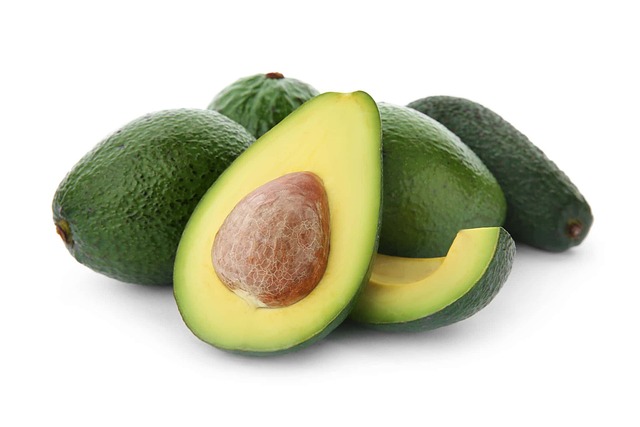Avocados have become a favorite among Americans, with a notable increase in consumption since the 1980s when the United States started importing them from Mexico. The fruit’s US popularity is driven by its image as a healthful source of heart-friendly unsaturated fat.
The exponential growth in avocado consumption within the United States is striking
The surge in popularity is evident as Americans now consume three times as many avocados as they did two decades ago. Annual avocado consumption in the United States has soared to nearly 3 billion pounds, approx. 90 percent of this substantial quantity is sourced from Mexico. The trend is anticipated to persist, with expectations of continued growth in the coming years.
Avocado Boom in the U.S. Sparks Deforestation Crisis in Mexican Forests
A recent alarming report from Climate Rights International (CRI), aptly named ‘Unholy Guacamole’ reveals that over the last decade, as much as 70,000 acres of Mexican forests have been sacrificed to cultivate the favorite fruit of Gen Z. This area is equivalent to the size of two to five Manhattans. Moreover, the avocados exported to the US in 2022 alone consumed a staggering amount of water, equivalent to 290,000 Olympic swimming pools.
Farmers have replaced the forests with avocado trees
CRI’s report exposes the environmental and human toll of the avocado industry’s growth, concentrating on Michoacán and Jalisco—the exclusive regions for Mexican avocados exported to the US. The expansion of avocado farming, apart from causing significant deforestation, involves the excessive use of water, often illegally extracted from various sources.
This water depletion contributes to shortages for residents. The removal of native pine and oak trees heightens the risk of floods and landslides during rainstorms. According to CRI, there are over 50,000 certified avocado orchards in Michoacán and Jalisco that export avocados to the US.







